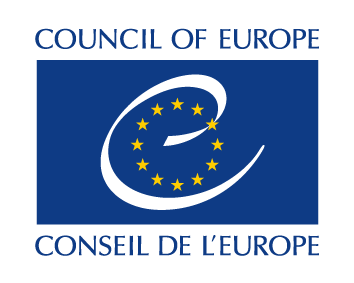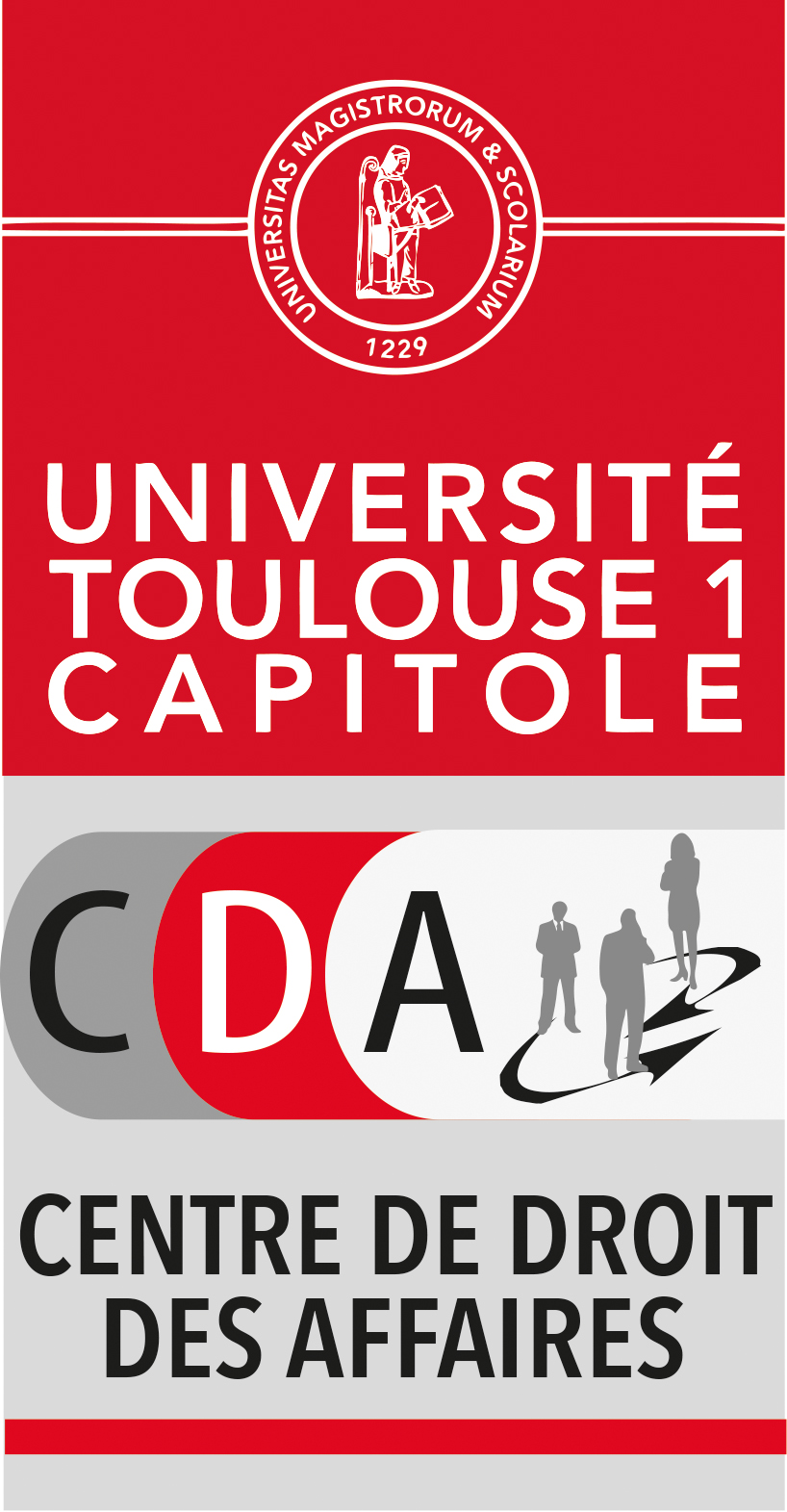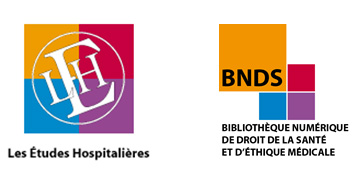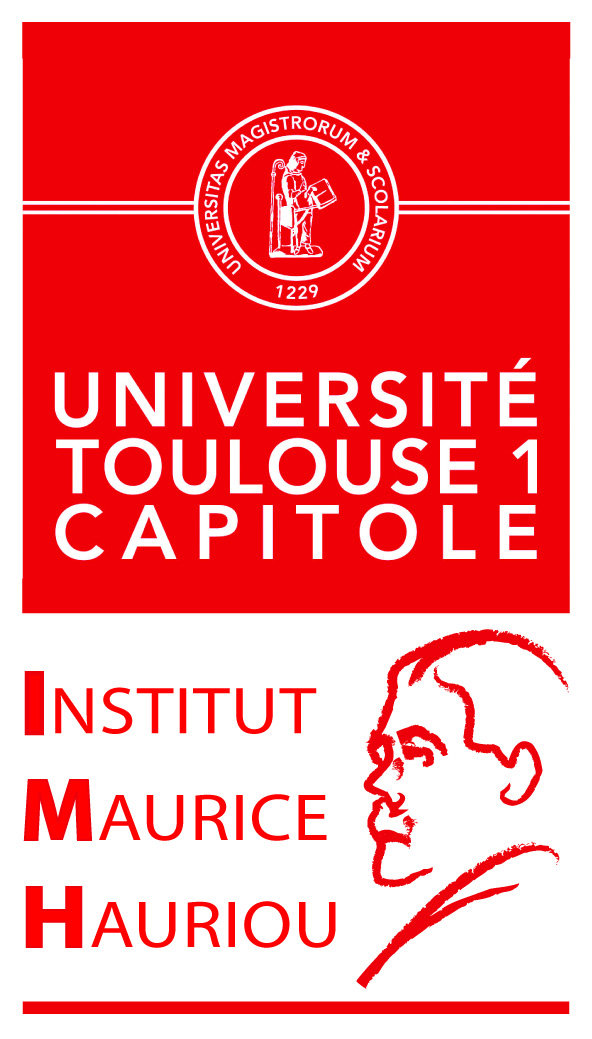PARTNERSPresentation of partners
European Association of Health Law / Association Européenne de droit de la santé The European Association of Health Law was established in 2008 by a group of health lawyers in academic institutions from around Europe to provide a Forum for health lawyers from countries in the Council of Europe and beyond to discuss and collaborate on issues of importance in theelopment of health law and related policies. This initiative is unique in that it is the only association of health lawyers that focuses on the contribution of Europe. It, thus, adds considerable value to the national and international bodies in this area. The Missions Statement of the EAHL is to strenghten the health and human rights interface throughout Europe and to serve as an indispensable source of advice and guidance for the future health law and policies in Europe. Website : www.eahl.eu Council of Europe / Conseil de l’Europe The Council of Europe is the continent’s leading human rights organisation. It comprises 47 member states, including all members of the European Union. All Council of Europe member states have signed up to the European Convention on Human Rights, a treaty designed to protect human rights, democracy and the rule of law. The European Court of Human Rights oversees the implementation of the Convention in the member states. Web site : www.coe.int Inserm UMR1027, INSERM-UNIVERSITY PAUL SABATIER Toulouse III joint research unit. The epidemiological approach is common to all of the teams. It is based around the implementation of specific tools, and notably numerous studies, both cross-sectional and longitudinal. Team 4: "Genomics, biotherapy and public health: interdisciplinary approach", is rooted in analyses of genomic data and immunogenetics; it is an interdisciplinary team that interfaces biomedical sciences and human and social sciences. The expected outcomes are scenarios for implementing genetics in public health actions and a help in validation and decision regarding the use of genetic testing in multifactorial diseases, the consequences of sequencing for clinical applications and the implications of innovative therapies for the health system. They rely on a prior multidisciplinary analysis incorporating especially ethical issues consideration. Tools for facilitating data sharing, biological sample exchanges and governance of biobanks are produced. Website : www.u1027.inserm.fr
Brill Nijhoff
Founded in 1683, Brill is a publishing house with a rich history and a strong international focus. The company’s head office is in Leiden, (The Netherlands) with offices in Boston (USA), Paderborn (GER), Singapore (SG) and Beijing (CN). Brill’s publications focus on the Humanities and Social Sciences, International Law and selected areas in the Sciences. Brill publications also include the imprints Brill | Nijhoff, Brill | Rodopi, Brill | Hes & De Graaf and Hotei Publishing. Brill’s publications focus on the Humanities and Social Sciences, International Law and selected areas in the Sciences. Brill has developed distinctive platforms for its online resources.” website: https://brill.com/ Espace de Réflexion Ethique PACA-Corse L’Espace de Réflexion Ethique PACA-Corse is an inter-regional centre of expertise in ethics in the field of life sciences and health, created by the French Law of Bioethics of 6 august 2014. It was set up on the existing Espace Azuréen in Nice and Espace Ethique Méditerranéen, founded in Marseille by Prof. Jean-François MATTEI, former Ministry of Health. The mission of Espace Ethique Paca/Corse is to promote ethical reflection in health practices, to contribute to the dissemination of knowledge and stimulate research. It is a resource centre for biomedical ethics at the service of health professionals and research teams, offering methodological tools to analyse practices within a multidisciplinary approach linked to concrete situations. The dissemination of knowledge is ensured by university courses, life-long training, congresses, conferences and public debates. Observation of practices are integrated into research activities aimed at national and international publications. For each of its missions, the PACA-Corse ethics centre has developed regional, national and international collaborations in a spirit of openness and enrichment. Website: www.ee-paca-corse.com French Association for health Law / Assocciation Française de droit de la santé Founded in 1982, the French Association of Health Law (AFDS) was chaired by its founder, Dean Jean-Marie AUBY until 1993, then by Professor Jean-Michel LEMOYNE of FORGES until 2002 (became its President of 'honor). It was then chaired by Professor Didier TRUCHET until 2008 and then by Anne LAUDE until 2014 (now both Honorary Presidents). She is currently chaired by Professor Marie-Laure MOQUET-ANGER. The Association studies health law as a whole and in its various aspects. This general vision is characteristic of its activity. It organizes (or sponsors) working sessions and study days, awards the "Jean-Marie Auby" thesis prize funded by the "Bullukian Foundation" (1500 €) and encourages health law research. Acting in a spirit of freedom and scientific rigor, it is a rich and independent center of expertise. Its 300 members are academics (lawyers of private law or public law, professors of medicine or pharmacy), health professionals, members of the Justice, of the Administration, the Bar, directors of health institutions. Membership normally implies an important contribution to the development of the discipline, either through publications or by a particularly significant action. The AFDS welcomes as particular category, a large number of young researchers. Site web : www.afds.fr Gianni Benzi Pharmacological research Foundation / Fondation Gianni Benzi pour la recherche pharmacologique Fondazione per la Ricerca Farmacologica Gianni Benzi Onlus/Gianni Benzi Pharmacological Research Foundation (FGB) is a registered not-for-profit scientific research organisation founded in 2007. Following the way paved by Prof Gianni Benzi, it promotes research in biological, medical and pharmaceutical areas, especially with reference to regulatory issues, ethical and safe use of drugs, rare diseases, orphan medicines and patients with unmet medical needs (e.g. children and elderly). FGB participates in many EU-funded projects, adding its specific capacities in terms of providing support to the regulatory, ethical and methodological activities in the context of interventional and non-interventional studies, project management, set-up and implementation of IT tools (surveys, e-learning tools, libraries and databases), educational and dissemination activities. The Foundation is particularly committed to provide educational activities (residential and e-learning courses) and to set up activities in the regulatory sciences sector having as reference the European dimension as the natural framework to favouring innovation and defining common rules and adequate procedures. The Foundation also cooperates with national and European institutions to make its expertise available for the implementation of reasoned and effective policies. Its representatives are actively involved in the activities of the EMA committees, Enpr-EMA (European Network of Paediatric Research), ENCePP (European Network of Centres for Pharmacoepidemiology and Pharmacovigilance), Italian Ministry of Health, Italian Ministry of Education, University and Research, AReSS Puglia. Site web: www.benzifoundation.org Association for Training and Research in Medical Law /Association de Recherche et de Formation en droit médical The ARFDM brings together doctors and lawyers, French and foreign, interested in medical law. The aims of the association are to: promote research in medical law at the national, European and international levels, compile collections of data on medical law and jurisprudence, analyze jurisprudence decisions, develop new research tools on all media , especially IT, organize or participate in training in medical law (workshops, seminars, conferences, conresses ..). The ARFDM welcomes young researchers, organizes research partnerships, seeks funding for research missions and exchanges with teams abroad. Site web : www.arfdm.asso.fr University Toulouse III – Paul Sabatier Toulouse III – Paul Sabatier University has formed partnerships with research bodies(CNRS, INSERM, INRA, IRD) and other schools and universities within the Midi-Pyrénées region. It is an active member of the education and research community. By coordinating their research strategies and education opportunities, the Midi-Pyrénéesscientific community has become a leading partner recognized throughout France, Europe and the world. Site web : http://www.univ-tlse3.fr CERIC (Center for European and International Research and Studies)
The Center for European and International Research and Studies is a team consisting of about fifty members, dedicated to multidisciplinary research mainly in law, but also in economics and political science. Funded in 1973, it currently forms part of the Mixed Research Unit 7318 DICE “International, Comparative and European Law” (CNRS - Aix-Marseille University/Faculty of Law and Political Science). The CERIC supervise approximately sixty PhD candidates and offers five Masters degrees in International Law, European Union Law, International and European Environmental Law, Law of Energy, Humanitarian Action and Humanitarian law. CERIC supervises four book collections edited by Bruylant (Brussels), Pedone (Paris) and Aix-Marseille University Press (Aix-en-Provence), while supporting the publication of three specialized journals (L’Observateur des Nations Unies; Cahiers Droit Sciences et Technologies; Alternatives Humanitaires). Dutch Association of Health Law
The Dutch Association of Health Law is already 50 years active in serving the public cause of the health care in the Netherlands.
The association organizes twice a year a meeting. Its members primarily consist of health care lawyers and other legal experts of universities, Departments of the Government and health care institutions. The association publishes every year a scientific publication, this year (2019) the publication is about prevention and corresponding rights and duties of the different actors in health care
CDA Business Law Center "The Business Law Center of the University of Toulouse Capitole federates several research teams whose competences cover all the disciplines of the law of the business, the corporate law, the insolvency law, the criminal law, the intellectual property rights and new technologies, the law of sustainable development and industrial risk, tax law and social law ". Web site https://www.cda.ut-capitole.fr LEH et BNDS
As independent publisher of legal information in health law, LEH offers a comprehensive selection of books around 28 collections from the most practical to the most academic, 6 journals and periodicals of reference, and a digital library offering more than 340 ebooks and more than 4000 referenced articles. BNDS: The BNDS is the first digital library entirely devoted to health law and to all related disciplines. Health law portal site, offering exclusively digital content: books, journals, articles, theses, memoirs, notes ... It is a service of the LEH Group, publisher specialized in law, management, management and strategy in health, independent publisher legal information in health law. By logging on to www.bnds.fr, you directly access to knowledge, according to your research criteria and interests, and benefit from the expertise of the best specialists who disseminate their works on health law and bioethics. in a multidisciplinary and international dimension. Site https://www.bnds.fr Jean Monnet CHAIR and IRDEIC
The purpose of the Jean Monnet DESAPS Chair is to promote the development of European health law and health products law in both, training and research,at UTI Capitole. The aim is to create a center of expertise and excellence in European Health law and Lealth products law, in order to ensure greater visibility of this field of study within the University but also at national and international level. The research activities of the Chair involve various lecturers in European Law, Health law (researchers at INSERM / CNRS), health law and health economics (UPS / INSERM), doctoral students and doctors of Law working on these topics as well as Master 2 students. The Institute for Research in European, International and Comparative Law was founded in 2007. With a membership of 25 research professors and around 100 doctoral students, the Institute is structured in four teams for which the European dimension is the exclusive or main object of research. The Institute's own editorial activity can use its two collections, the « IRDEIC Cahiers », whose vocation is notably to propose a "gray literature" of stage, nourishing the scientific debate ("working papers" spirit), and the « IRDEIC Studies » whose various issues constitute collective works or Proceedings of symposiums. IRDEIC welcomes two members of the Institut Universitaire de France. It has been twice labeled « Jean Monnet Center of Excellence » by the European Commission, for the period 2012-2015 and for 2017-2020. Site : https://www.irdeic.ut-capitole.fr Maurice Hauriou Institute (IMH) Nature and purpose of the Maurice Hauriou Institute: The scientific objective is to develop and valorize research in Public Law, more specifically in the fields of Administrative Law and Constitutional Law. The team works in five areas through a thematic, multidisciplinary and problem-focused approach. Research work is structured around a number of well- established researchers capable of pooling in the activity of other members and other teams. The objective is to offer greater visibility to the innovative research work carried out in Public Law in Toulouse. The Area 4: Health and biotechnologies Beyond the study of the organization of the welfare system, of its missions and prospects of change, the current and future research work analyzes the foundations of the medical relationship and the rights and obligations of the health stakeholders, from patients to health professionals. More specifically, the current regulatory framework is being confronted to technological changes in a fast-moving field initiating multiple questioning, whether it concerns the right to privacy, individual freedoms, protection of personal data, regulation of health activities and products, or of liability regimes. Biotechnologies, nanotechnologies, robotics, STIC, neurosciences have become areas that must now be investigated by jurists with a necessary multidisciplinary approach which is already the preferred dimension at the IMH. http://imh.ut-capitole.fr/ EL Editions Législatives
Dictionnaire Permanent Santé, Bioéthique, Biotechnologies The expertise of Éditions Législatives has strenghten over the years and at the pace of the market. Today, it stands out in three product categories : - Documentary collections: Dictionaries, Codes, Guides or ELnet.fr. Paper and/or digital documentations provide reliable, easily accessible and constantly updated information. They cover disciplines as varied as social law, business law, health law, bioethics and biotechnology.. - Professional solutions: dedicated tools, software or portals that meet the specific requirements of the various businesses. - Professional press: in addition to the documentary collection that explains the applicable law, these paper and/or digital press materials decipher, anticipate... and give a voice to practitioners who react and testify.
Website : www.editions-legislatives.fr
|




 LEH editions: Since more that 24 years, LEH is a publishing house specialized in law, ethics, management, management and health strategy.
LEH editions: Since more that 24 years, LEH is a publishing house specialized in law, ethics, management, management and health strategy.



